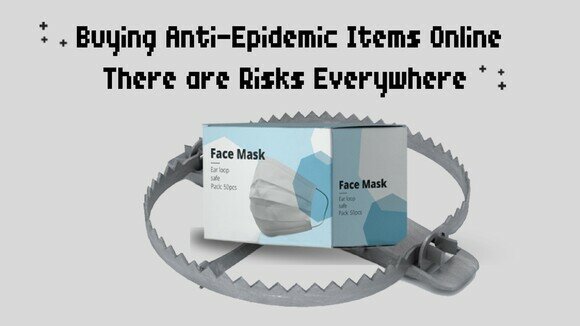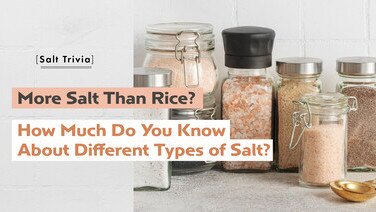Facing a new wave of epidemic cases, there may be another round of panic-buying of epidemic prevention items. We would like to remind consumers to pay attention to the following 4 areas when making online purchases to avoid potential scams.
Mobile payments can be difficult to recover
Mobile payment services (or P2P payments) are widely used these days. However, consumers may not be able to ascertain whether they are transferring to a business or personal account. On the contrary, consumers choosing bank transfer will know the account number and name of the transferee. In addition, credit cards and some payment platforms also have complaint and refund mechanisms. If sellers fail to deliver the goods, consumers may get the money back through the above mechanisms, thus making the process more secured.
Sudden disappearance of online sellers
Nowadays anyone can sell goods on social media platforms. Some scammers may open social media accounts, pose as sellers of certain anti-epidemic items, and disappear after payments are received. Therefore, consumers should scrutinize the particular seller / merchant before placing an order. If you find that a seller has only opened the account recently, does not provide an address or contact details, and only uses mobile payment service, then you should be alert. Consumers can also browse previous posts and reviews to gauge the merchant’s credibility.
Pre-orders – can you afford to wait that long?
It is the seller’s responsibility to state if the goods are "available" or need to be "pre-ordered", and the estimated arrival date for the pre-orders. However, if you choose to pre-order an item, you must also be prepared that its arrival date may be affected by factors such as transportation and customs clearance. Therefore, consumers should make a thorough evaluation before ordering an item if it is for emergency use.
Pay attention to refund policies
Before placing an order, consumers should read the product description and terms of sale thoroughly – going through them word-by-word carefully! This is especially important for pre-orders, and consumers should understand the refund policies and associated costs (if any) if the goods are not delivered within the agreed timeframe. Consumers can keep screenshots of the original posts as proof. If sellers fail to supply the goods or simply disappear, consumers can contact the Consumer Council or report the cases to the Customs and Excise Department or the Hong Kong Police Force. If necessary, consumers can also call the “Anti-Scam Helpline 18222” hotline for assistance.
To learn more about the complaint cases received by the Consumer Council regarding purchasing anti-epidemic items online, you may refer to the article “Buying Anti-Epidemic Items on Social Media Platforms Can Be Risky. Keep a Level Head to Avoid Potential Scams.” CHOICE Magazine, Issue 522(Chinese version only).







![[Baby Snacks Guide] Who Says Snacks Can’t Be Healthy?](/f/guide_detail/415742/376c212/bb%20snack.jpg)



